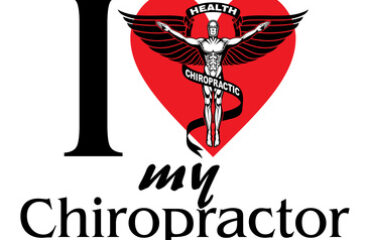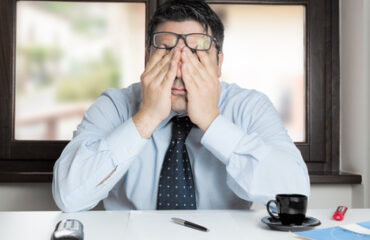
For office dwellers around the world, back, neck and hip pain are often part of daily life. Countless studies have shown that sitting all day can lead to serious health issues and because of this, I often recommend a variety of stretches to help break up the day for my patients.
Recent guidelines published in the British Journal of Sports Medicine repeat these sentiments. In fact, employers are now being urged to change their “workplace culture” from sedentary to a social, more mobile office place. These new guidelines recommend that those who work at their desks all day, need to spend at least two hours of office time standing or moving. Two hours can be expanded to four for additional health benefits.
The guidelines also include several other suggestions aside from walking or standing for two hours:
- Take regular breaks from seated work with the help of stand-up desks or work stations.
- Avoid prolonged standing, which can be just as harmful to the body as prolonged sitting.
- Change your posture to help alleviate pain and fatigue.
- Employers should warn their employees about the dangers of prolonged seating.
These recently published guidelines are based on a variety of studies which have shown the dangers of sitting for eight-plus hours a day in an office. Other health risks associated with a sedentary office life include heart disease and diabetes.
It’s recommended that the two (or eventually four) hours spent up and about in the office should be spread out throughout the day. Standing for the entire two or four hours can lean to blood pooling or varicose veins, to name a few conditions. Employees may want to take a lunchtime walk or opt for taking the stairs instead of the elevator in order to increase the amount of active time in their day.
The sit-to-stand adjustable work desk has proven helpful for many. Essentially you can convert the desk to easily accommodate for seated work as well as standing breaks. If you are having trouble visualizing what I mean, check out this example on Amazon.
According to an article on the topic, some employers are taking small steps, like eliminating personal waste bins and using a communal waste instead, to encourage additional movement throughout the day.
While it may take some time for all employers to get on board with these more progressive office ideas, many new companies now offer stand-up alternatives.


